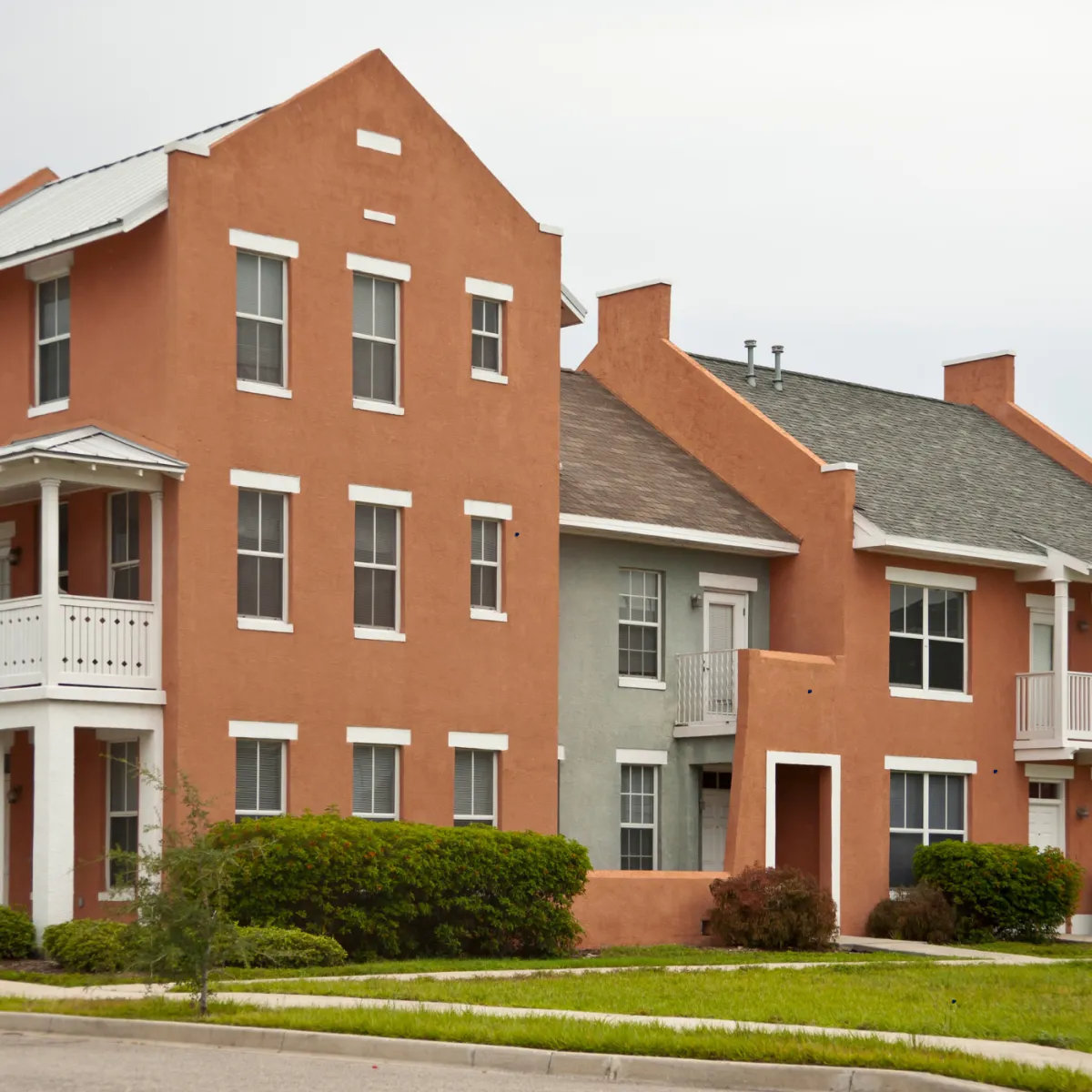Affordable Housing: Dignified Living, Built Locally
Closing the housing gap—one smart, scalable, and community-anchored project at a time.

Introduction
Housing shortages are hitting rural and Indigenous communities harder than ever, with limited capital and long delivery timelines. The Affordable Housing initiative delivers modular, multi-income, and mixed-use developments that meet real community needs. With MicroP3 governance, these builds come faster, with better equity, and smarter finance stacking.
Who are we looking for?
Tier
Audience
Benefits
Anchor Public Partner
Municipalities, Indigenous Housing Authorities, CMHC affiliates
Accelerate affordable housing builds, meet social mandates, increase housing supply
Private Sector Partner
Developers, modular housing OEMs, finance institutions, architects
Streamlined projects, access to public land, de-risked capital returns
Supporting Stakeholder A
Housing-focused foundations, lenders, philanthropies
Co-investment roles, impact ROI, advisory influence
Supporting Stakeholder B
Tenant associations, nonprofits, community housing providers
Shared governance input, tenant-first policy shaping
Observer and Knowledge Partner
Policy think tanks, housing researchers
Access to case data, replication models, housing innovation insights
What Success Looks Like
Modular or multi-phase housing builds completed within 12–24 months.
Local employment integrated into construction and property operations.
New affordable, workforce, and seniors housing units delivered.
Zoning and density aligned with local and Indigenous community input.
Mixed-income and service-integrated models co-designed with residents.
Cost savings through procurement standardization and shared services.
Blended financing deployed via equity, loans, grants, and community bonds.
Local stewardship entities formed to manage long-term affordability.
How Our Network Accelerates Impact
Housing need assessments and land use readiness scans.
Vendor sourcing for modular, green-certified housing solutions.
Legal templates for long-term affordability covenants and joint ventures.
Blended capital assembly with CMHC, Infrastructure Canada, and impact funds.
Resident engagement frameworks and tenant advisory models.
Data dashboards for unit delivery, affordability, equity, and occupancy.
Peer-to-peer knowledge exchanges and housing playbooks.
Policy alignment support with provincial housing priorities.
Frequently Asked Questions
Q: What housing models qualify?
Multi-unit rentals, seniors co-housing, tiny home clusters, modular village sites, and more.
Q: Who owns the property?
Ownership models vary—public, nonprofit, co-operative, or joint ventures.
Q: Can this serve both families and seniors?
Yes—designs can integrate age-friendly and intergenerational housing.
Q: What’s the funding approach?
Blended capital: equity, grants, debt, philanthropy, and tenant-backed contributions.
Q: What’s the timeline?
Municipal partners can launch pilots within 12-24 months with the right support.
Join our National P3 Initiatives
National and Local Committee Membership available
Join as an Public Anchor, Private Sector Partner, Supporting Stakeholder, and Observer
Lead Initiatives that deliver real impact for your community and across Canada
Virtual Farming
Year Round Tourism
Mental Health
Climate Preparedness
Healthcare Access
Affordable Housing

Business Architecture
Flourishing Principles

Ecosystem
Optimization

Multi Stakeholder
Values

Global Flourish
CUSTOMER CARE
LEGAL
Copyright 2025. Global Flourish. All Rights Reserved.
